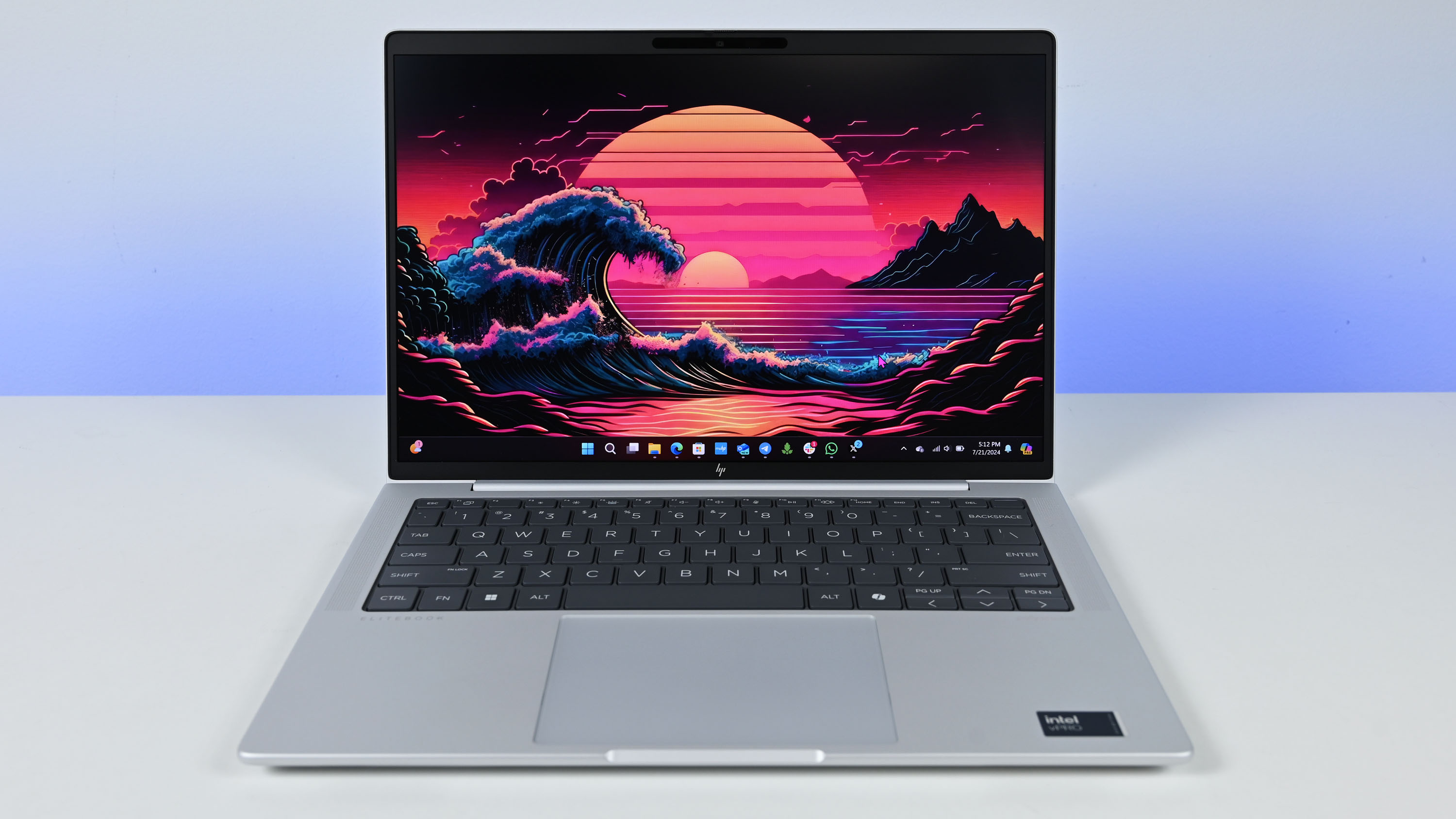PlayStation has 'declined' in Japan, potentially presenting Xbox with an opportunity
The big blue has moved westward.
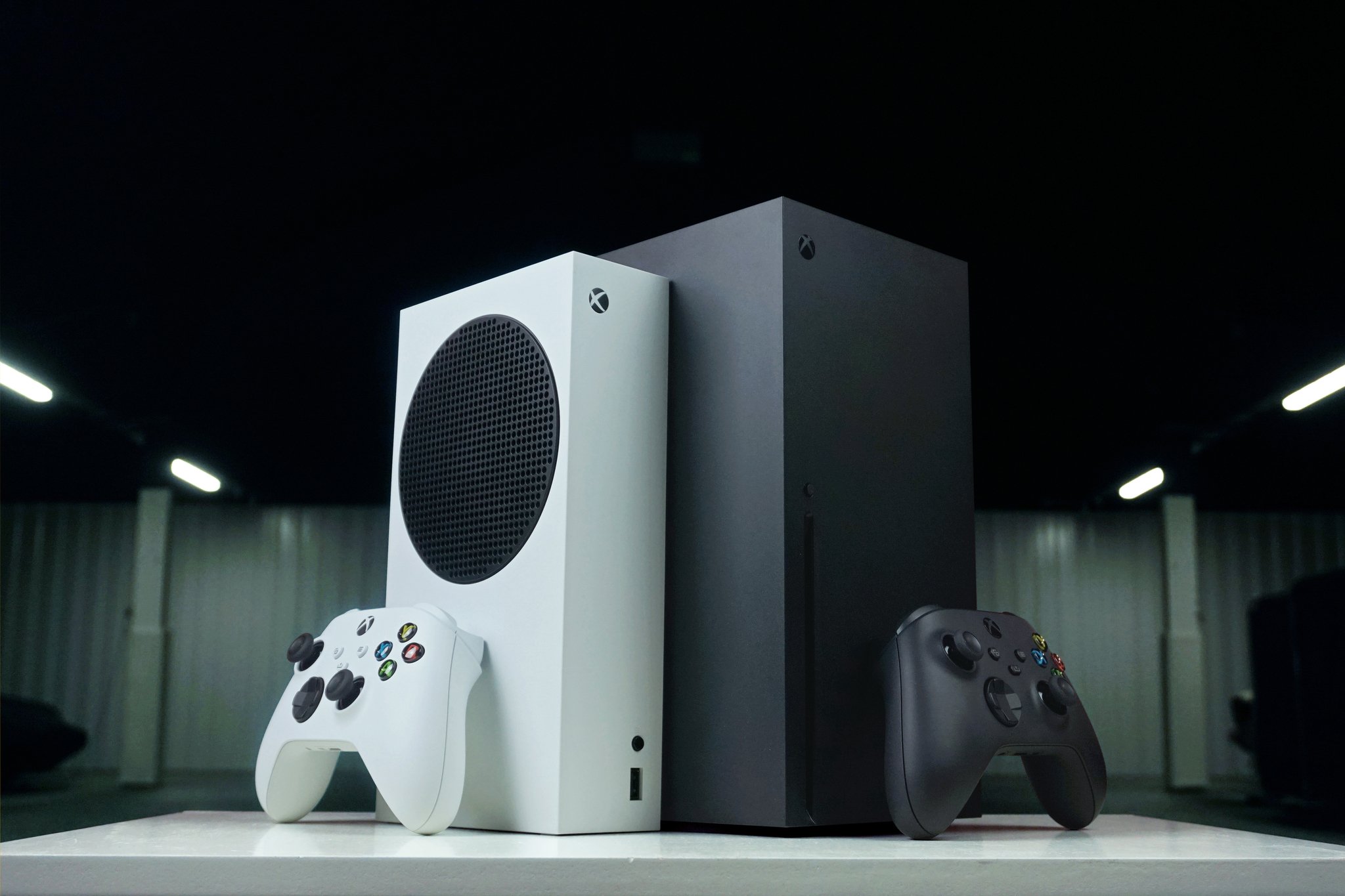
Since the Xbox's inception, Microsoft has historically struggled to deliver its gaming platform to the lucrative Japanese market. Nintendo and Sony PlayStation have long dominated the region, alongside PC, creating a wall that Microsoft has notoriously failed to breach.
The cold shoulder has impacted the Xbox platform in the West, too. Xbox fans have historically missed out on many great Japanese franchises, which skip the platform arbitrarily owing to weak outreach in the country, and low usership. However, there are signs of change.
Microsoft recently grabbed games like Dragon Quest XI and the entire Yakuza franchise for Xbox, which quite rapidly became some of the best JRPGs on Xbox. We also got Nintendo hit Octopath Traveler on Xbox too, unexpectedly, among various others. However, Sony PlayStation has the legendary Final Fantasy franchise on near-total lockdown, alongside Persona and trending Japanese anime-inspired games like Genshin Impact. Such is the reality that, if you're a JRPG or anime-style game fan, you're likely considering a PlayStation or a Nintendo Switch as your preferred console.
As Microsoft heads out to showcase the Xbox platform at the Tokyo Game Show this month, we have to wonder what, if anything, Microsoft can do to change its fortunes in the region. And now might be a better time than any to double down.
Reports suggest PlayStation has seen some decline in Japan
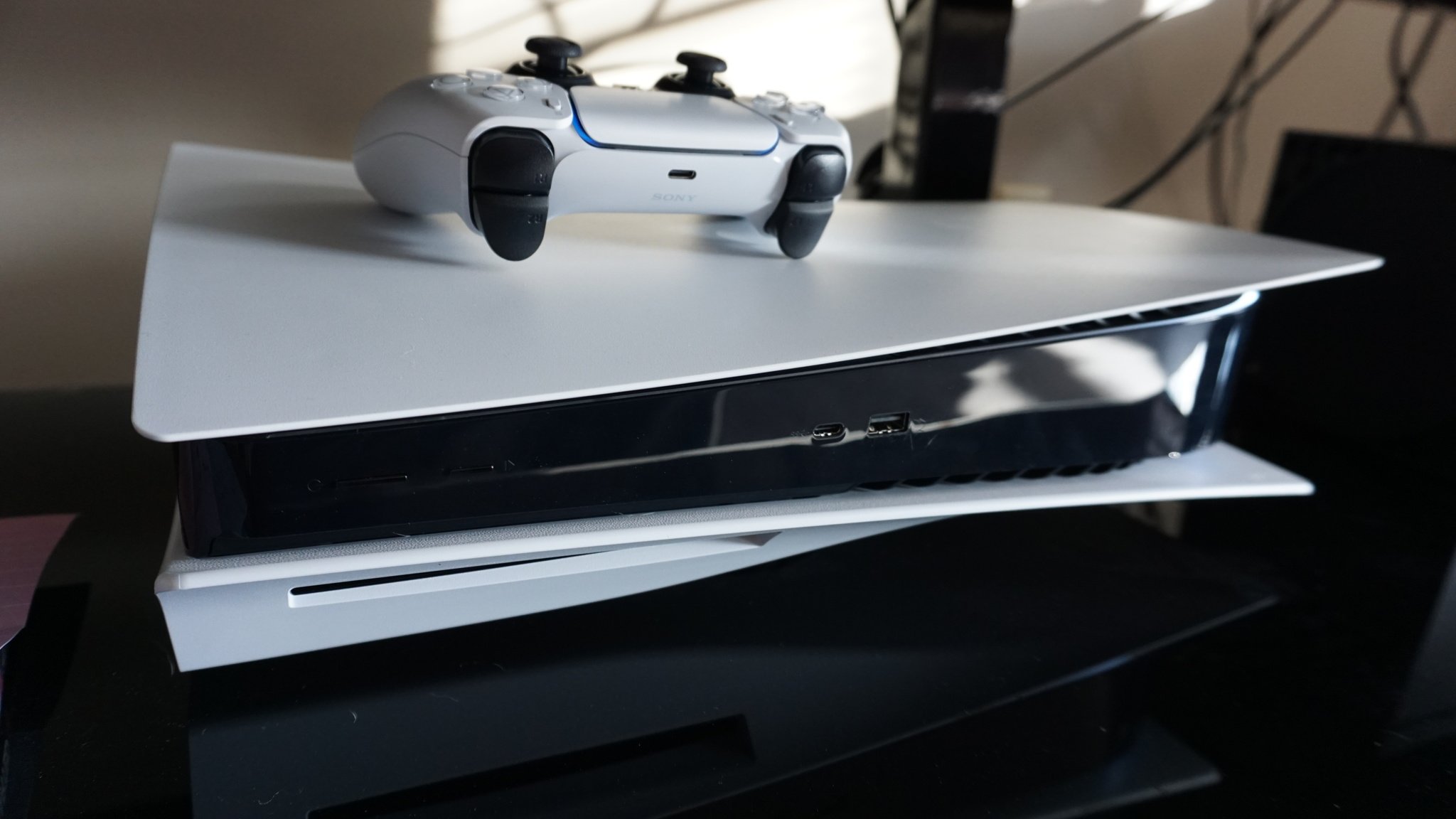
While still enjoying a far, far bigger install base than Xbox in the region, there have been some signs that gamers in Japan have been losing interest in the platform, faced with an incredibly strong resurgence from Nintendo.
A recent report (via Siliconera) suggested that the top 30 games sold in the region were on Nintendo Switch, with nary a PlayStation game in sight. Ironically, it was Microsoft's Switch version of Minecraft that topped the chart back in August, and marked the first time since 1988 a single console had taken up all 30 spots on the list. Another report (via GamesIndustry Japan from back in January suggested that the PlayStation 5, while initially strong, month over month proved Sony's weakest console launch in Japan for a long time. That's not to say the PS5 is doing poorly on a global stage, though. The opposite is true.
Sony clearly allocated the bulk of its PS5 stock to regions it felt it faced a bigger threat from Xbox in, beating out Microsoft in NPD results in the U.S. and taking the pole position in the U.K. for several months. Microsoft had a few monthly victories of its own, though, even in these regions. Although the reality is that both platforms are heavily constrained by the global semiconductor shortage, which makes the silicon for the PS5 and Xbox Series X and Xbox Series S consoles hard to come by. Microsoft has also been dedicating mountains of chips to building up its Xbox Cloud Gaming platform, which is based entirely on Xbox console architecture. Neither platform is meeting demand, ultimately, giving us a potentially obscured picture of how the systems could potentially be doing.
Get the Windows Central Newsletter
All the latest news, reviews, and guides for Windows and Xbox diehards.
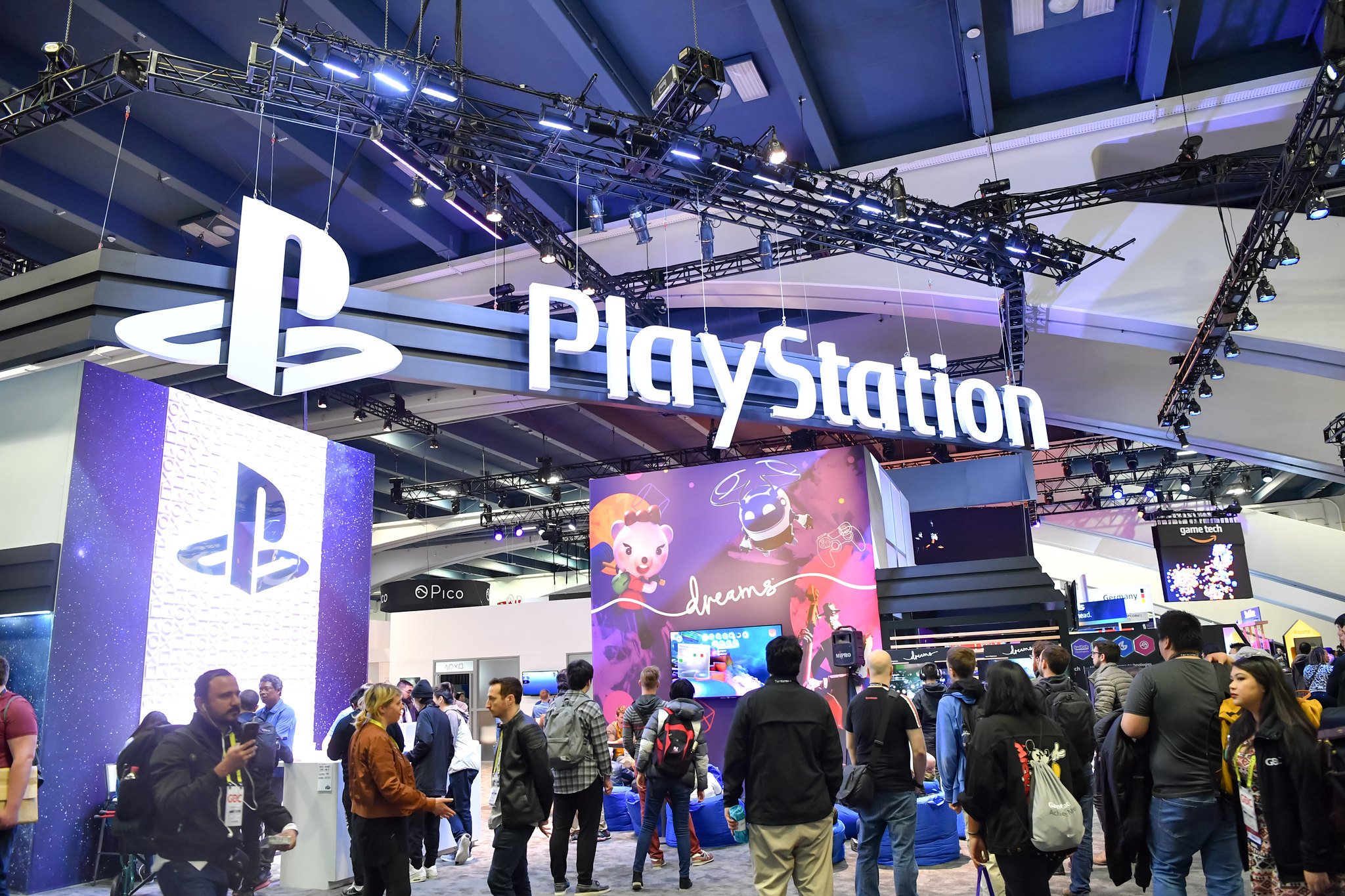
However, the same report from GamesIndustry Japan, among other sites, refers to a change of attitudes towards PlayStation in Japan, both from customers and developers. A few years ago, Sony moved its HQ to the U.S., along with its corporate structure and culture. The PS5 has notoriously swapped the action buttons around to the Western format, too, with X replacing O as the primary key on controllers. Developers have had to conform to new rules and processes to conform to the U.S. market as well, which hasn't always proved popular. The ACE Economic Research Institute described the PlayStation brand as in "decline" citing various reasons, from the U.S.-centric attitude of PlayStation's new leaders, to a collection of small things like missing Japanese subtitles in live streams, and a big reduction in Japanese support staff. It should be noted that Sony denied all of these reports, saying that Japan remains its "most important market," in comments to Bloomberg.
I've often criticized Microsoft for its Anglo-centric marketing and presentation, which is often blamed for Microsoft's disproportionate performance in the U.S., U.K., and other English-speaking regions. For PlayStation fans, it's not ideal to see Sony making the same mistakes. Assuming all the reports are accurate, and the sales trends aren't purely the result of the semiconductor shortage, it does potentially give Microsoft an opening to capitalize if it has the desire to do so.
The Xbox Series X|S has seen some upswing in Japan
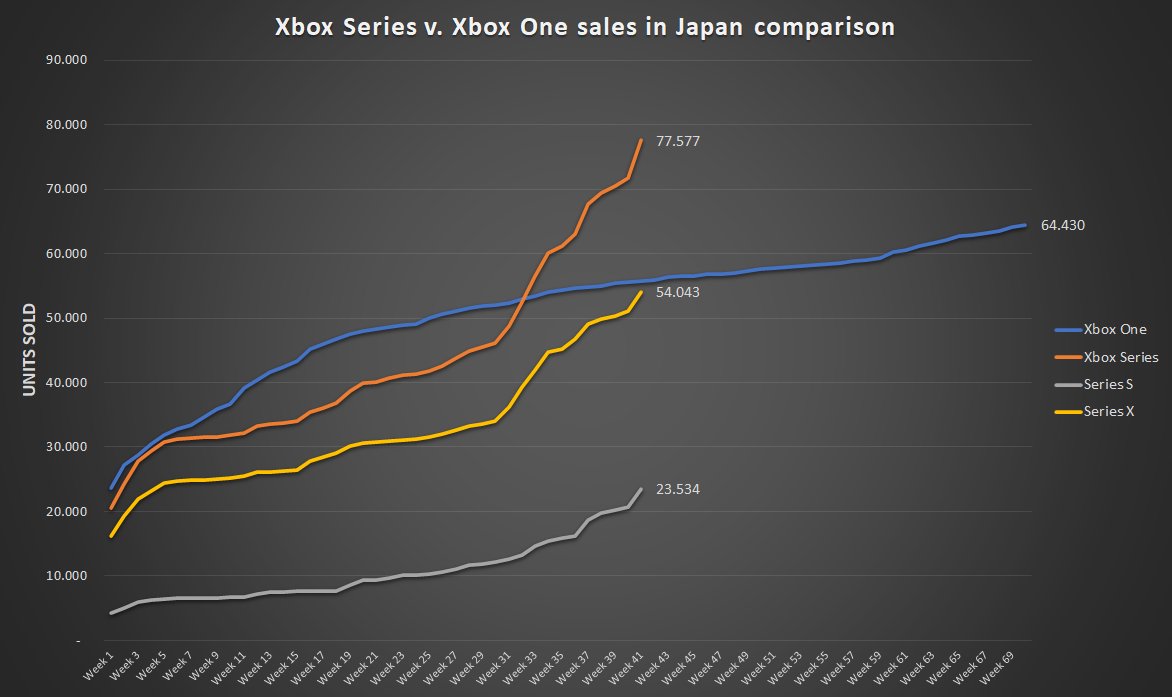
While still far below the sales of the PlayStation and Nintendo Switch, or even previous Xbox consoles, the Xbox Series X and Series S have proven themselves to be enjoying an upswing in Japan, and have surpassed the Xbox One sales week over week by a healthy margin. Previous comments by Microsoft said they were seeing "phenomenal growth" in Japan, particularly among owners who have never owned an Xbox console before.
Famitsu in Japan tracks console units sold, and if we're to believe they're accurate, it looks as though the Xbox Series lineup has proven itself to be far more popular than Microsoft's previous console. Sleeker hardware likely played a part there, but Microsoft has also worked harder to ensure staple Japanese franchises hit the Xbox, alongside their PlayStation and Nintendo counterparts. Microsoft also grabbed its first Japan-based studio in Tango Gameworks, known for The Evil Within, and the upcoming PlayStation exclusive Ghostwire: Tokyo. There's still a lot of work to do there, naturally, but Microsoft does seem to be turning it around.
Is now the right time to invest in Japan?
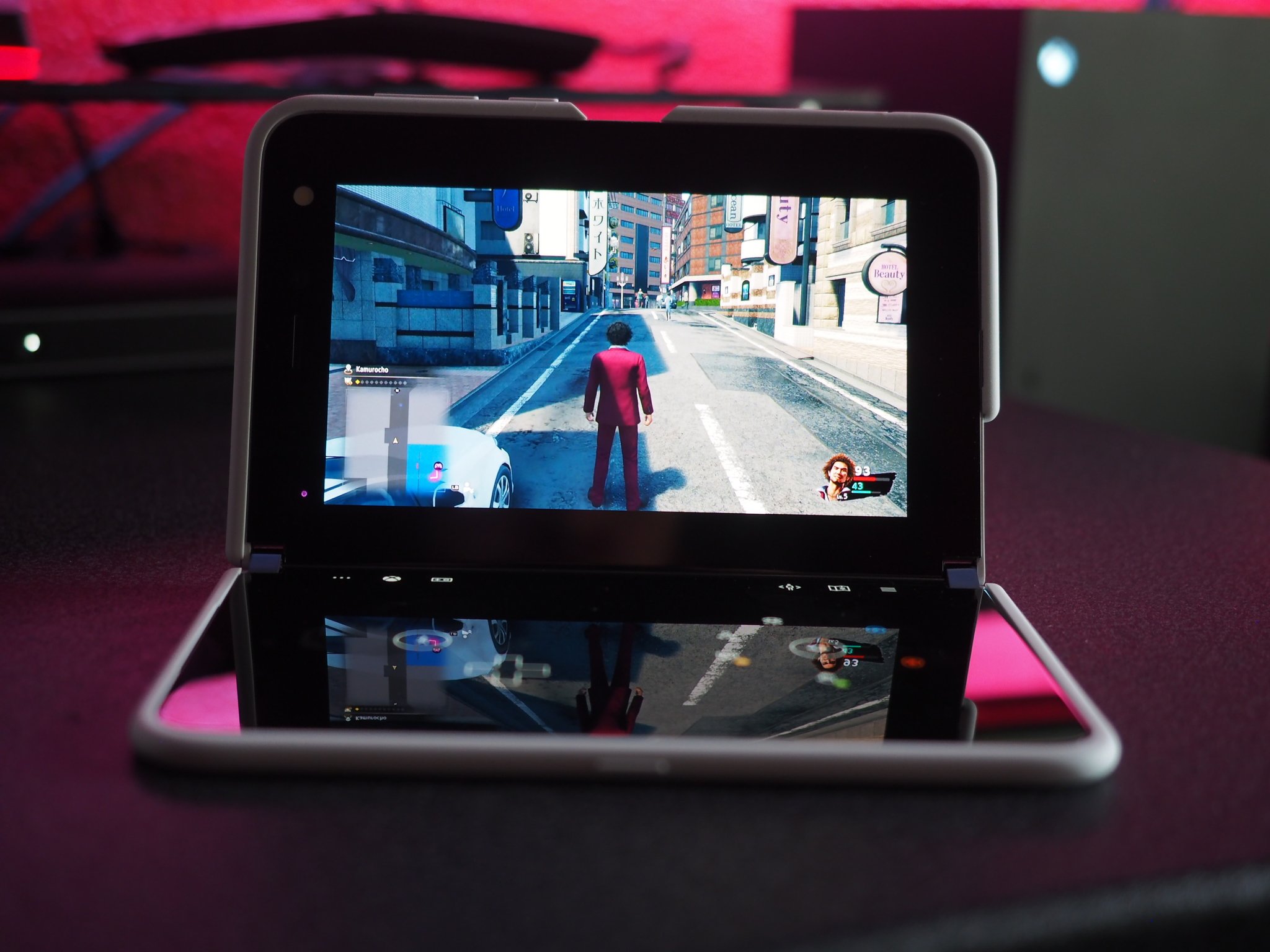
Microsoft is still heavily constrained by the semiconductor shortage, as is Sony. That could play to Microsoft's advantage, though. With Sony unable to meet demand, this is potentially a good time for Microsoft to start pushing and advertising the Xbox platform as a good alternative to consider for the future, leaning on features like Xbox Cloud Gaming, and its coming parade of high-quality upcoming Xbox exclusives stemming from its big Bethesda purchase. Microsoft is heading to the Tokyo Game Show to do just that this month, but it's only the first brick in a huge monument they'd need to build to really change the situation around.
It feels as if this is one rare opportunity Microsoft shouldn't pass up.
Obviously, the benefits for Western gamers would be big, with a larger variety of games to choose from, with fewer titles like Persona arbitrarily skipping the platform due to the perception of Japanese game fans in its customer ranks. Tactical JRPGs also lend themselves incredibly well to cloud gaming, thanks to their turn-based format, which could help drive interest in the Xbox platform too. Many of these games skip smartphones on the basis that they simply aren't powerful enough, after all.
It all comes back to semiconductors, though. It's all well and good advertising your platform, but if you have no silicon for cloud servers or consoles then there's not much point. Microsoft has an opportunity to start laying the groundwork, though. There are reports that Microsoft is scouting for more Japanese studio acquisitions, although we've yet to see them come to fruition.
Naturally, I have a desire to see all of this happen, as a fan of Japanese games, and as an Xbox customer. For Microsoft as a business, it has to make sense from a financial perspective. But with anime and Japanese culture more popular than ever, and cloud-based games in Microsoft's future, it feels as if this is one rare opportunity Microsoft shouldn't pass up.

Jez Corden is the Executive Editor at Windows Central, focusing primarily on all things Xbox and gaming. Jez is known for breaking exclusive news and analysis as relates to the Microsoft ecosystem while being powered by tea. Follow on Twitter (X) and Threads, and listen to his XB2 Podcast, all about, you guessed it, Xbox!
